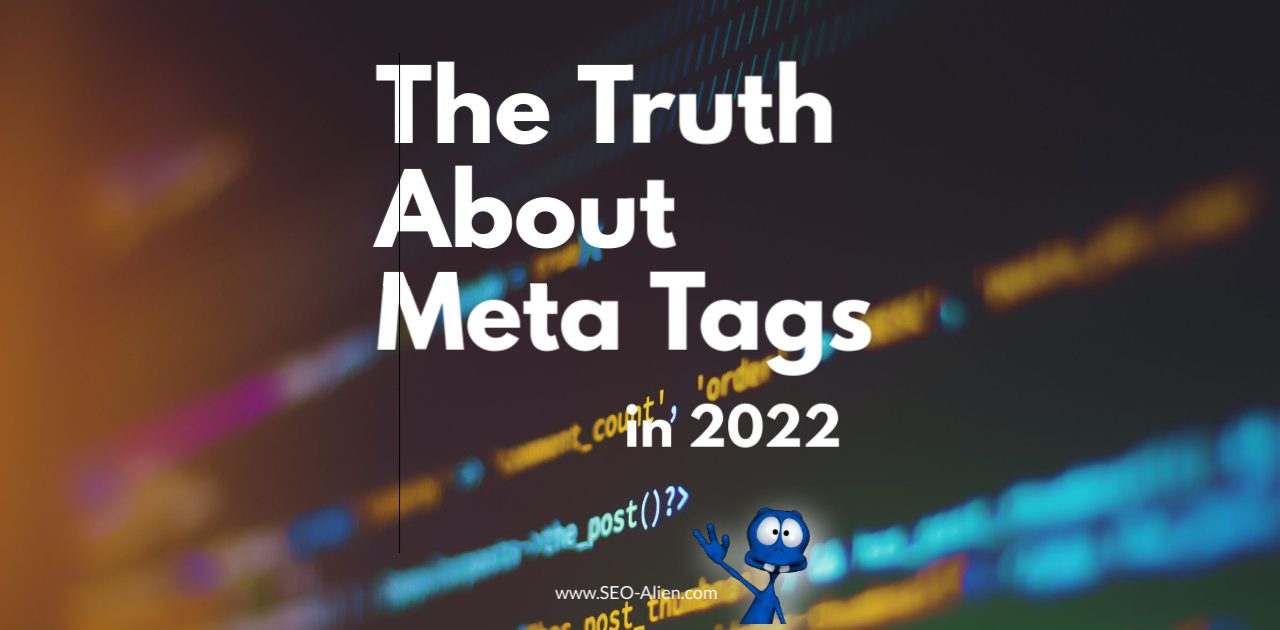Meta tags have been around since the early days of the internet, and for a long time they were an important part of SEO.
However, in 2009 Google announced that they would no longer use meta keywords in their web search ranking algorithm.
So, if Google does not use meta tag data, why are meta tag options still included in all the different SEO plugins and on virtually every website platform?
It's incredible to me that there are so many articles and even case studies about whether or not meta tags should be used in SEO. Some say you should, while others say meta tags are essentially useless. It seems like everyone has an opinion on meta tags. However, if you actually look at the data, there is very little evidence to support the use of ALL of the meta tags in SEO for all of the search engines. In fact, most of the case studies that show meta tags improve SEO are from before 2009, when Google stopped using meta keywords in their ranking algorithm.
After doing some extensive research, I've come to the conclusion that some meta tags should be used, but before I explain why, let's start here.
What are meta tags?
Meta tags are HTML elements that provide metadata about a website. They are used to tell search engines what a website is about, and they can also be used to control how a website appears in search results. meta tags do not affect the content of your website, they only provide information to search engines. There are four common meta tags:
- meta name="description"
- meta name="keywords"
- meta name="robots"
- meta name="viewport"
The meta name="description" tag is probably the most important meta tag, because it is often used by Google as the description of your page in search results. The description should be a brief, accurate summary of the contents of the page. It should be no more than 160 characters, and it should be keyword-rich.
The meta name="keywords" tag is used to provide a list of keywords that are relevant to the page. These keywords are not used by Google in their ranking algorithm, but they may be used by other search engines.
The meta name="robots" tag is used to control how search engine crawlers index and follow the links on your website. The robots meta tag does not affect human visitors, only search engine crawlers.
The meta name="viewport" tag is used to control how your website appears on mobile devices. This meta tag does not affect desktop users, only mobile users.
So, do we use meta tags or not?
So now that we know what meta tags are, do we use them or not? The answer is: it depends. If you are optimizing your website for Google, then all the meta tags are not necessary, because Google does not use the meta keywords in their ranking algorithm. However, if you are optimizing your website for other search engines, then meta tags may be helpful. In addition, meta tags can be helpful if you want to control how your website appears on social media sites.
From what we have determined as the only meta tags that may help your Google SEO is the meta name="description" tag. This tag does not affect your ranking, but it may help you get more clicks from the search results page. The meta name="description" tag may be used to describe the contents of your page in the search results page, but social media will use it. If you do not have this meta tag, Google will generate a description for your page based on its contents.
While the meta name="description" tag may not help your SEO directly, it is still important to have because it can help you get more clicks from the search results page. A good meta description should be under 155 characters and should be relevant and descriptive of the contents of your page.
So why do meta tag descriptions still exist?
The simple answer is that they are not harmful and they might help with click-through rate (CTR) from the SERP (search engine results page). Meta tag descriptions are also used by social media platforms when your website is shared on those sites. So while meta tags might not help with your SEO, they can still be useful in other ways.
If you decide to use meta tags, the most important thing is to make sure that they accurately reflect the contents of your page. Meta tags that are inaccurate or misleading can do more harm than good. So be sure to do your research before adding meta tags to your website!
What do you think about meta tags? Do you use meta tags on your website? Let us know in the comments below!
About the Author:
The SEO-Alien is a project started in 2009 regarding all things online marketing. The site started out more of a diary of predictions, suggestions and references to things I frequently used for online marketing... before social media marketing was even an option.
I hope you find the information and tools presented here useful and something worth sharing with others.
If there is anything else about online marketing or any online advertising strategy you think would be helpful, please let me know.



